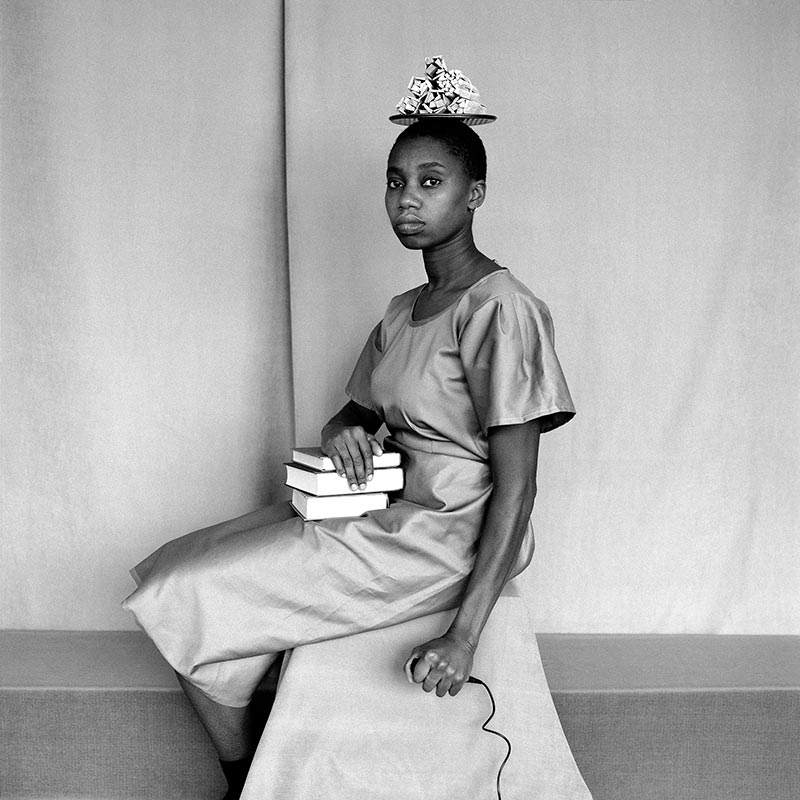 Silvia Rosi, Self Portrait as my Mother in School Uniform from the series Encounter, 2019
Silvia Rosi, Self Portrait as my Mother in School Uniform from the series Encounter, 2019 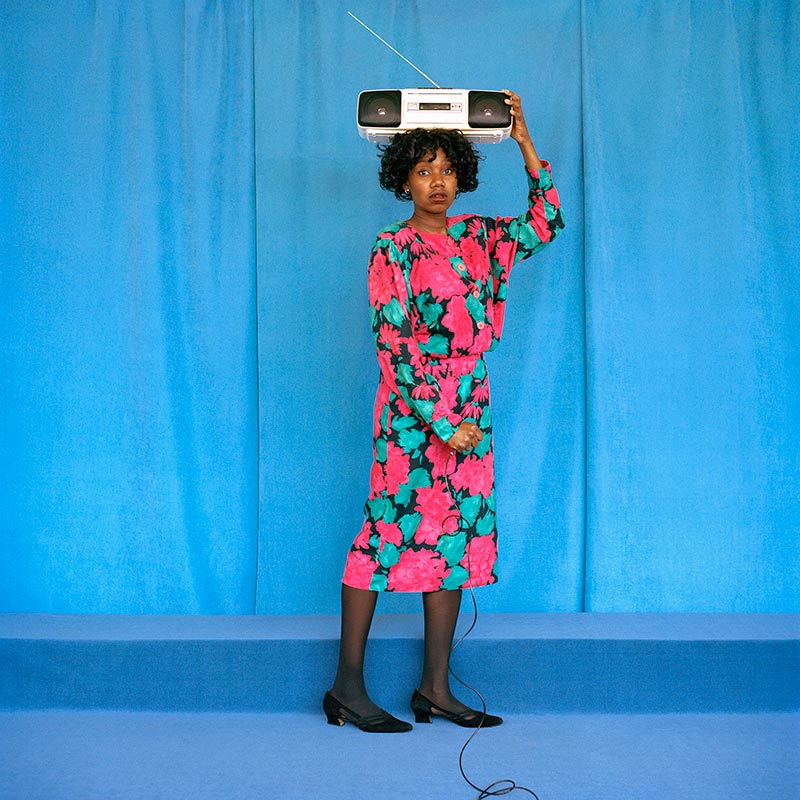 Silvia Rosi, Self Portrait as my Mother from the series Encounter, 2019
Silvia Rosi, Self Portrait as my Mother from the series Encounter, 2019 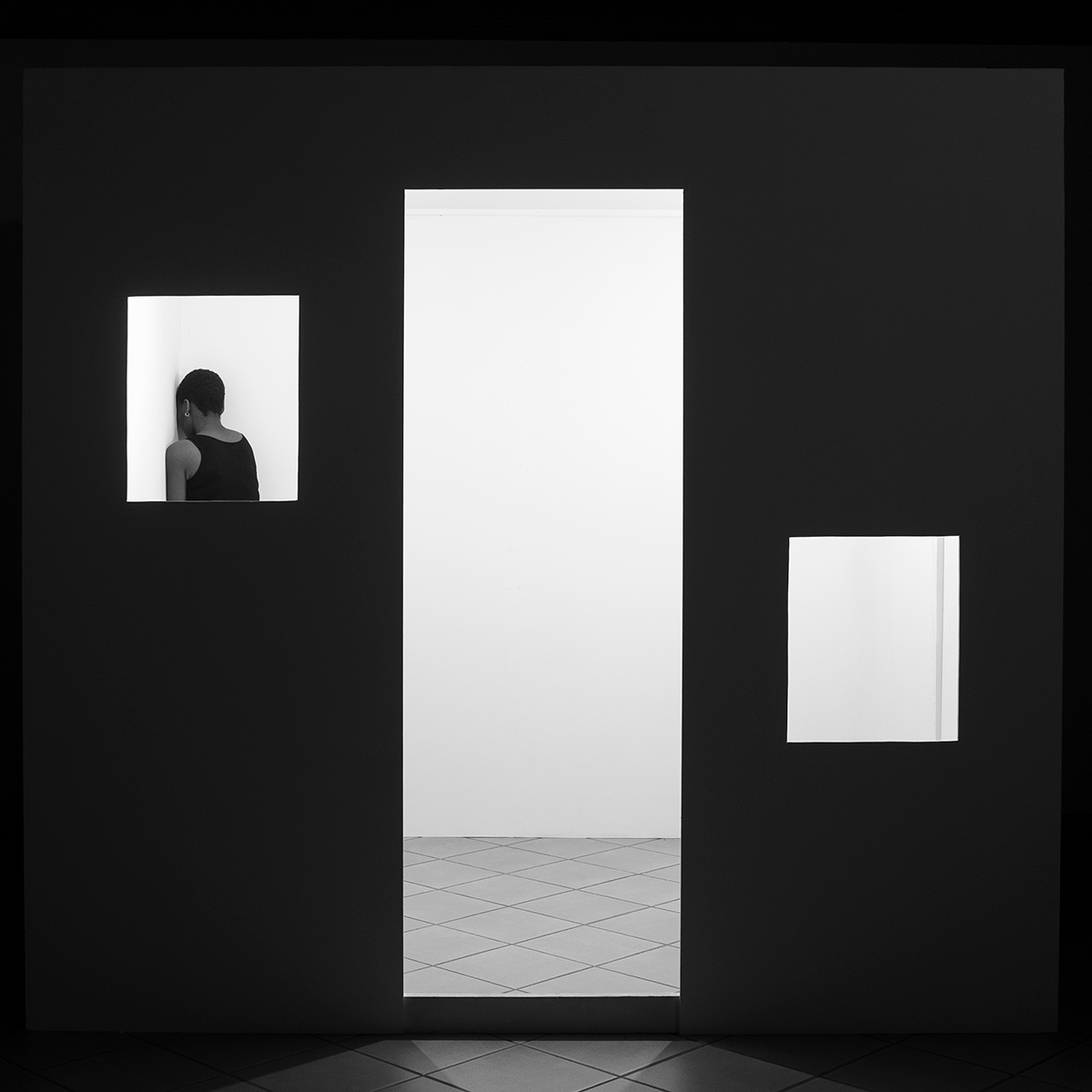
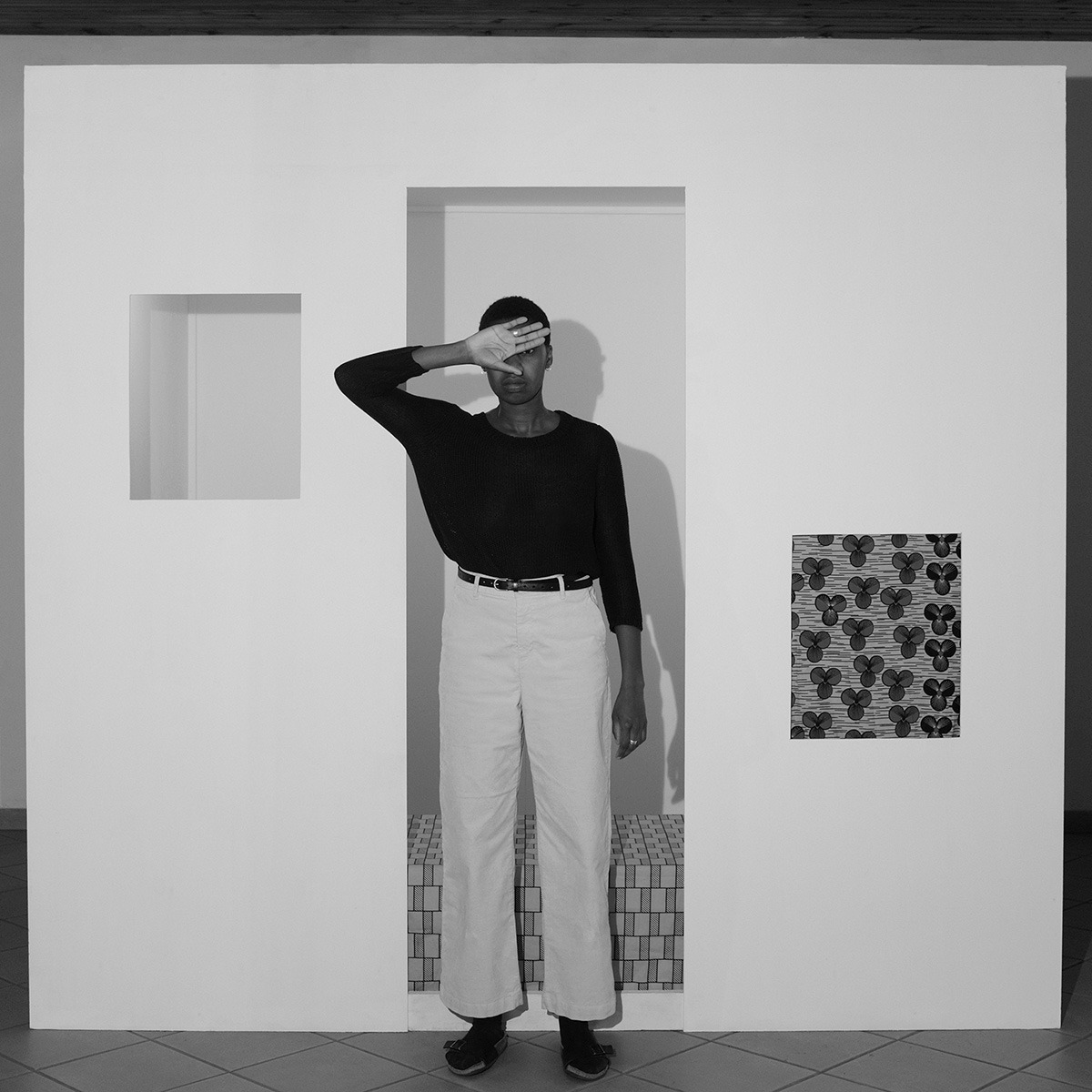
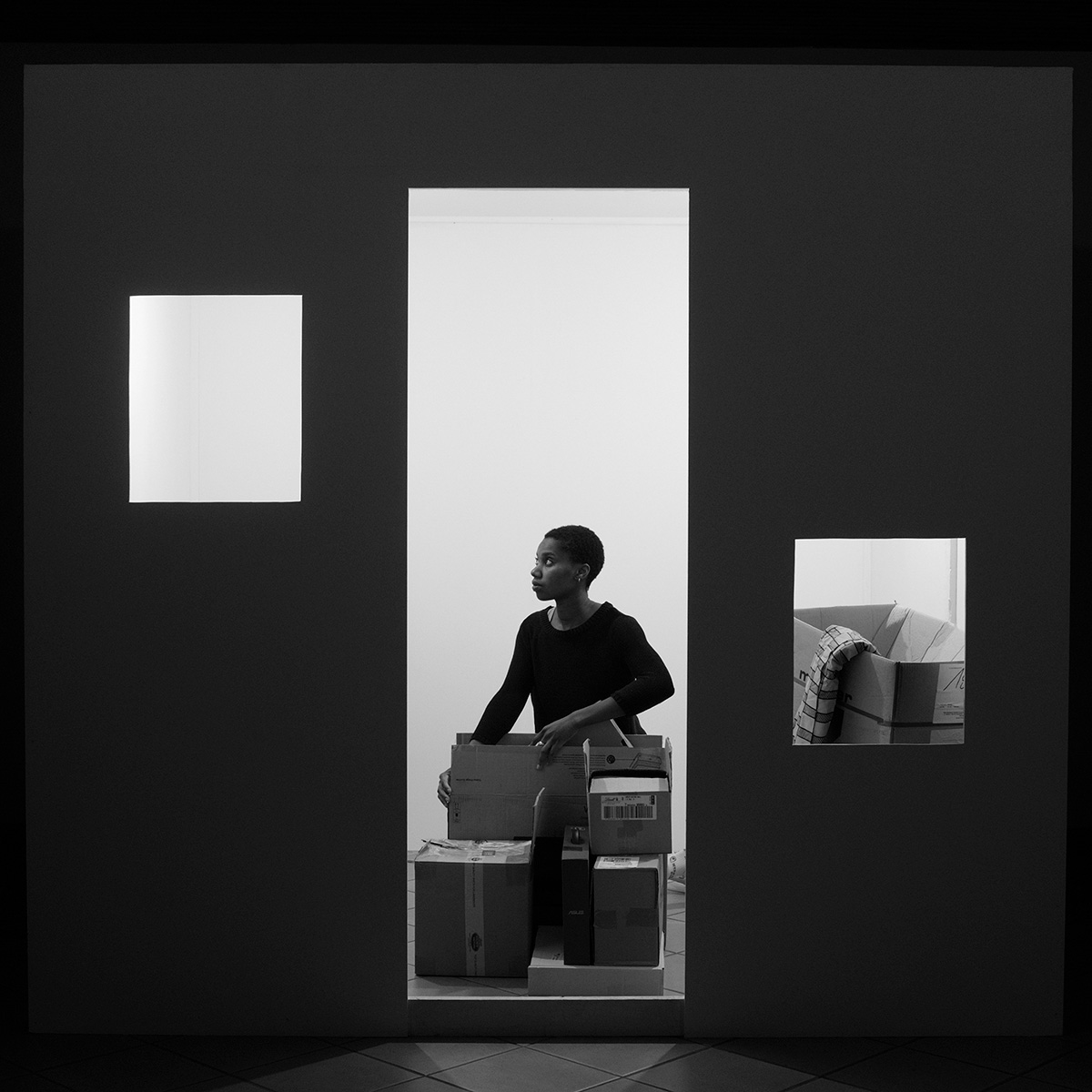

Image captions: Works from Silvia Rosi's commission, Neither Could Exist Alone, 2020, © and courtesy the artist, commissioned by Autograph for Care | Contagion | Community — Self & Other: 1, 2 and 8) details from Silvia Rosi's commission. 5-7) Neither Could Exist Alone, 2020. Archival giclée prints, each 8 x 8 inches.
Other page images: 3) Silvia Rosi, Self Portrait as my Mother in School Uniform, 2019-20. 4) Silvia Rosi, Self Portrait as my Mother, 2019-20. from the series Encounter, 2019-20. Commissioned by Jerwood / Photoworks Award. © and courtesy the artist.
Autograph is a space to see things differently. Since 1988, we have championed photography that explores issues of race, identity, representation, human rights and social justice, sharing how photographs reflect lived experiences and shape our understanding of ourselves and others.